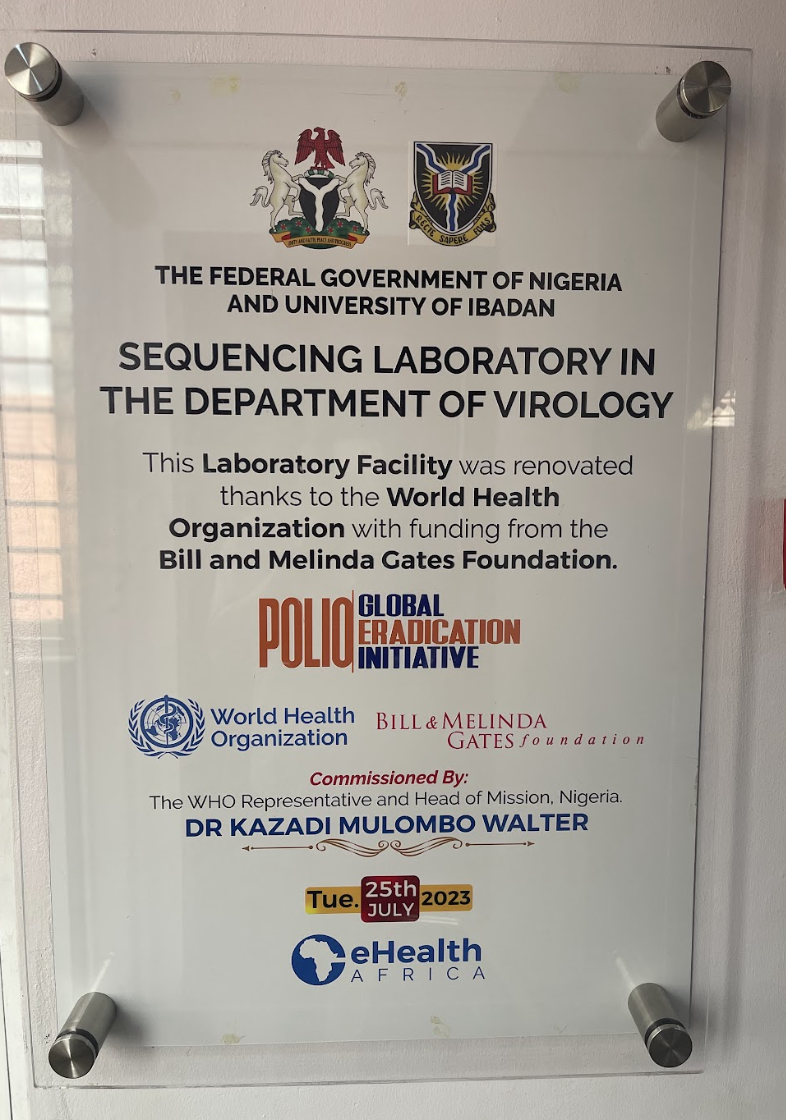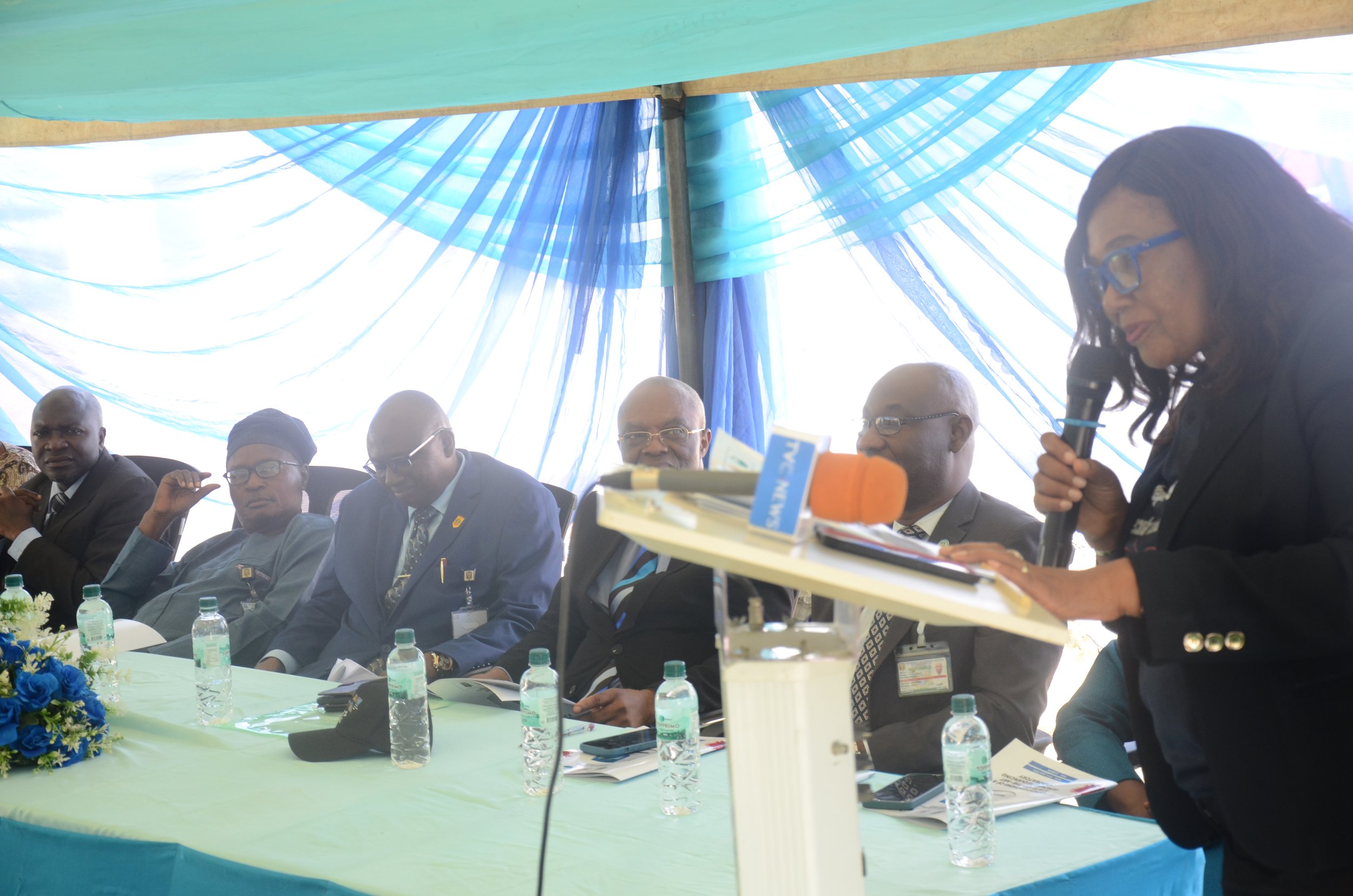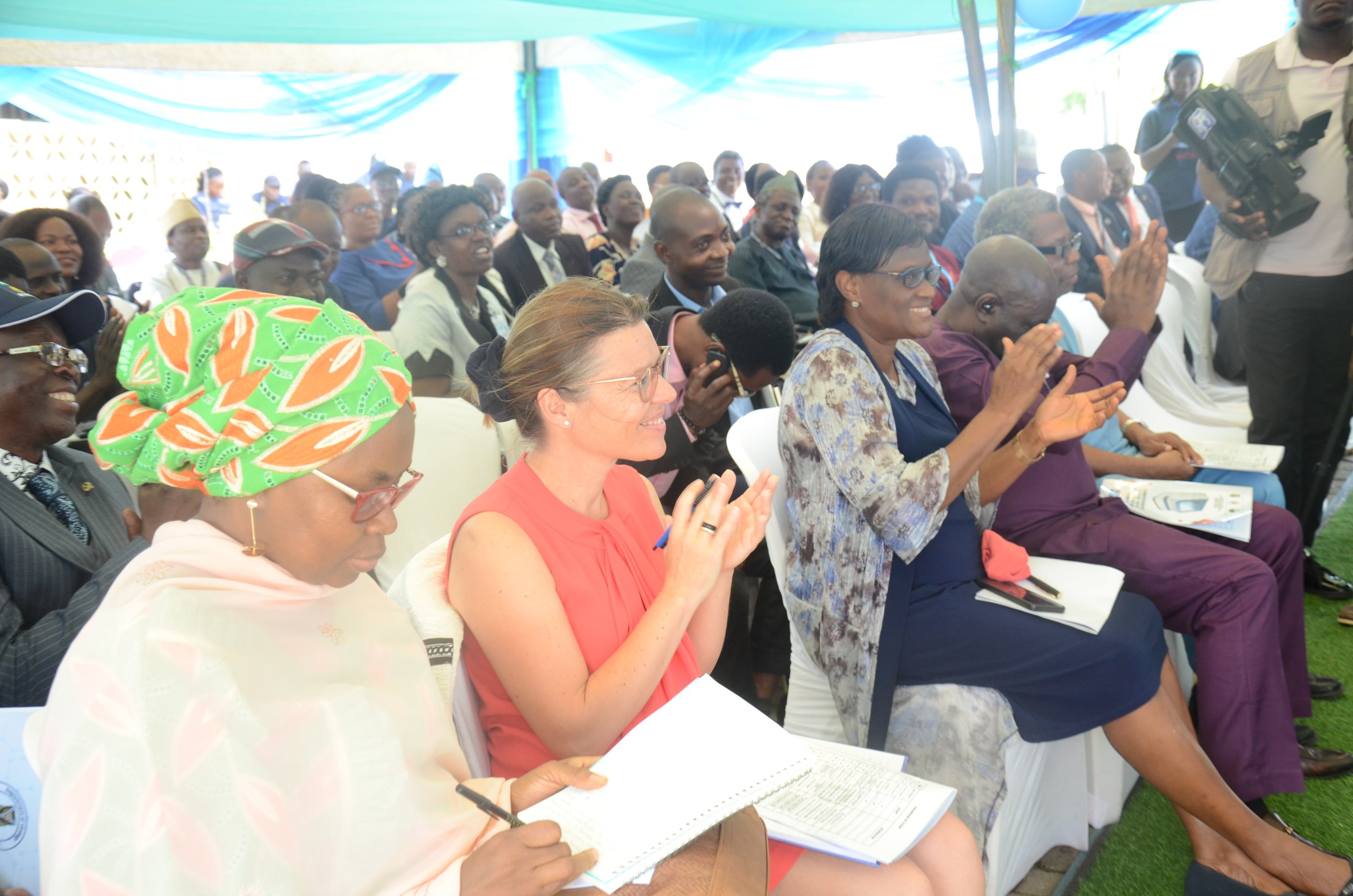by Moshood Isah
Nigeria may have been declared a polio free nation but the Variant Poliovirus Type 2 strain transmission still lingers. Nigeria reported 168 cases in 2022. This has made further interventions crucial particularly around early detection. The growing cases in a number of African countries require a focused effort to strengthen polio laboratories that can effectively help the affected countries to quickly confirm cVDPV2 cases and launch outbreak responses, including the introduction of novel OPV2.
In 2018, the World Health Organisation (WHO) introduced a Global Polio Surveillance Action Plan (GPSAP 2018-2020) to support endemic, outbreak, and high-risk countries in evaluating and increasing the sensitivity of their surveillance systems against Polio. The plan also initiated supplemental strategies that may help in closing gaps in detecting polioviruses, including strategies for immunodeficiency-associated vaccine-derived polioviruses (iVDPVs) while also strengthening coordination across surveillance field teams to foster a more effective programme and document zero cases worldwide.
The new Global Polio Surveillance Action Plan (GPSAP) for 2022-2024. also focuses on increasing the speed of poliovirus detection, improving surveillance quality at the subnational level, fostering the integration of polio surveillance with surveillance for other epidemic-prone vaccine preventable diseases (VPDs), and mainstreaming gender equality in surveillance activities and programming as a key enabling factor.
To achieve parts of the Global Polio Surveillance Action Plan (GPSAP) 2022-2024, ehealth Africa worked with World Health Organisation (WHO) supported by the Bill and Melinda Gates Foundation (BMGF) to renovate and upgrade the Sequencing Laboratory in the Virology department, University College Hospital (UCH) Ibadan, Oyo State. The laboratory was commissioned by Kazadi Walter, Country Representative and Head of Mission; World Health Organisation to Nigeria. This is part of the effort to improve surveillance, rapid detection and response against the spread of Vaccine Derived Polio Virus and other vaccine preventable diseases.
Speaking during the official commissioning of the Laboratory, Dr. Kazadi Walter reiterated the commitment of WHO towards eradicating polio virus through the provision of facilities and rendering of technical support to Nigeria’s health care. He stated that WHO in collaboration with the government established the Global Polio Laboratory Network of which 16 are currently in Africa, with two located in Nigeria; Ibadan and Maiduguri. According to Walter, the primary objective is to work with WHO in the African Region (AFRO) to equip the global polio laboratory network labs for robust and rapid sample analysis for polio and to provide support in equipping these labs with sequencing capabilities.
Prof. Kayode Adebowale, the university vice chancellor, commended the initiative saying “this laboratory will not only provide vital information for the eradication of polio but also contribute to our university infrastructure, helping us to fulfill our vision and mission in addressing social needs.” The VC said: “The department has played a crucial role in Nigeria’s polio eradication programmes by contributing significantly to the country’s achievements of being declared wild polio-free in 2021.
Speaking on the role of eHealth Africa in the support for Laboratory Supplies across selected countries in Africa, the Project Manager, Tolulope Oginni said, to ensure optimum utility of the laboratory supplies, eHealth Africa leverages previous and current experience in setting up and managing Emergency Operation Centers to strengthen the staff capacity at the Laboratories in operating the installed equipment.
“These interventions for the support for laboratory supply and installation with consumables currently ongoing in at least 12 African countries are expected to improve the labs functionality for faster outbreak detection”, he said. With the support of other stakeholders in the region, this intervention will support labs in the African region that are targeted for expansion of sequencing capacity, support to improve existing sequencing capacity, or labs that require support for virus isolation and identification. This intervention has a huge opportunity to explore collaboration with WHO and other global stakeholders to transform the laboratory infrastructure in Africa into world class facilities which in turn will significantly strengthen their capacity and preparedness for disease outbreaks.






